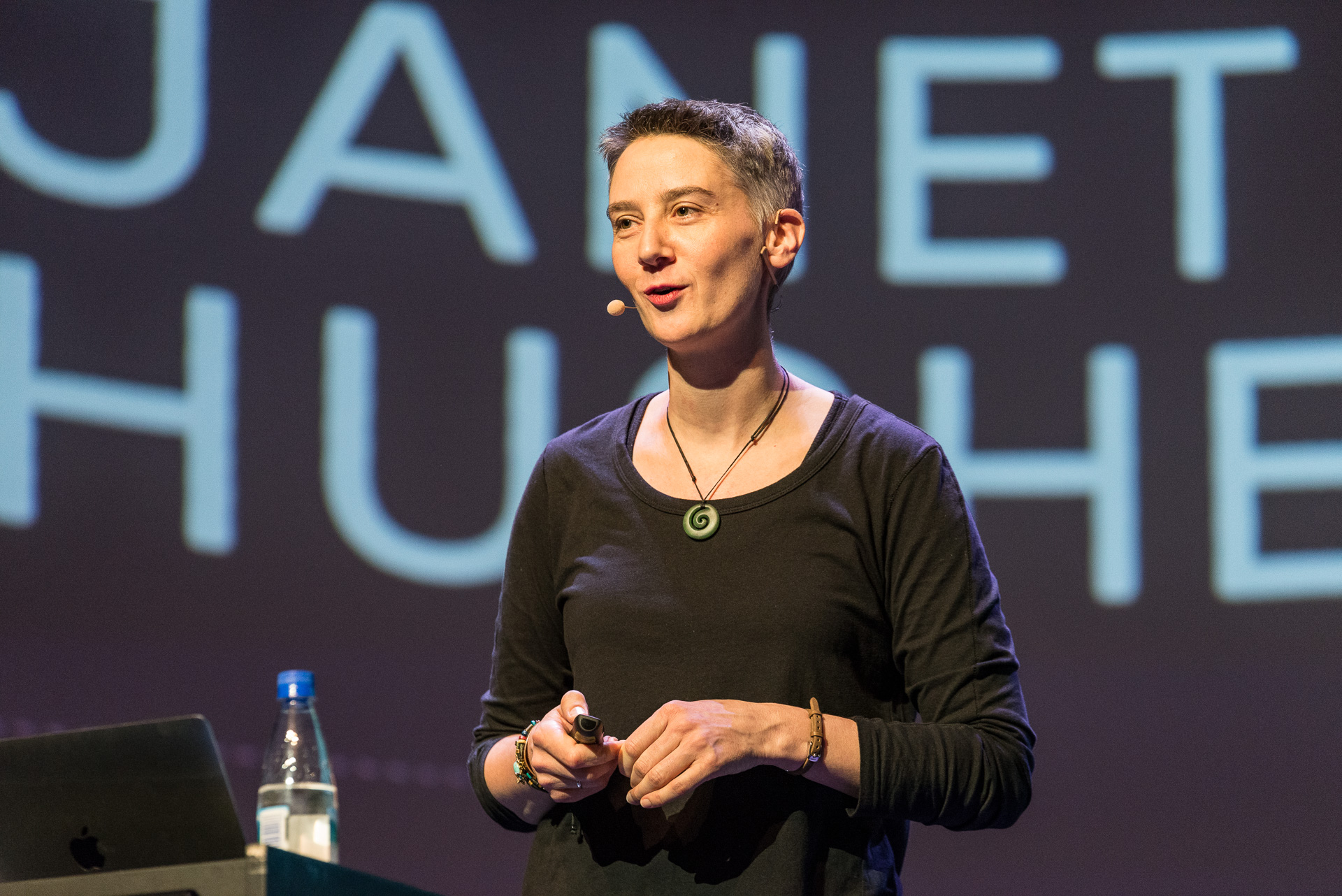Insight on the SFI from Janet Hughes
Thursday, 14 July 2022
The wider rollout of the Sustainable Farming (SFI) is now open for applications. In this guest blog, Janet Hughes, Director of Future Farming and Countryside (Defra), shares the approach Defra is taking in terms of the design of the scheme and her vision for the future.
The Ambition – what do we want to change?
One of the big changes that we're trying to bring about in our new schemes is to be much less prescriptive and allow much more flexibility because the way of achieving a particular outcome on one farm might be very different to another farm, even if it’s just around the corner.
We don't want to have one size fits all approach. For the Sustainable Farming Incentive (SFI) we've described the intention of the action and the minimum requirement. It's for farmers to decide how to do that.
We know that some farmers, are very confident in carrying out these actions already and are leading the way in how to do this. They will know what's the best thing to do on their farm. There are some farmers who will be new to these practices and for them, we've created some optional guidance.
We're trying to cater for everybody. The intent and the aim is the same, but the way you achieve it is up to you. You can either follow the guidance really closely or you can adapt it a bit like a recipe when you work from a cookbook. If you're a confident cook, you may have a glance at a recipe, get a rough idea and then have to go. I remember when I started cooking, I would have followed the recipe slavishly and in detail to get it right until I was confident, and it needs to be like that in our schemes. There’s a guide, but if you're someone who's very confident and have been doing this for years, you can just crack on and get on with it.
The Approach – How will we work with farmers to ensure success?
It's no good having flexibility if there are very strict controls and penalties. If the action doesn’t achieve the outcome, we can have a reasonable conversation about it. Farmers don't need to worry about suddenly being hit with a massive fine if it doesn't quite work out according to plan. If you were doing the action in good faith, then we can see how to put it right. If, in very rare circumstances, we find somebody that was actually just committing fraud and had no intention of doing the action, then it's a different situation, but that's going to be the rare minority of cases.
The SFI is about working in partnership and getting behind farmers rather than getting in their way with a tick box, overly strict approach. It's a very different way of operating schemes and we've got to think about how we mitigate risk in a different way. There's a risk that some people might abuse that system, but we're not going to mitigate that risk by inventing lots of detailed rules. Instead, the approach is, ‘here's the aim, you've got to do something reasonable to meet that aim and then, if we need to, we can have a conversation if the aim isn't met’.
The Vision – what are we aiming for?
Looking forward, we want to see a vibrant, competitive, diverse sector that is producing the food our country needs and that, of course, is the first and most important job of farmers. We need farmers and we're relying on them to do some of the things that only they can do to help us with the huge challenges we face in relation to climate change, biodiversity and the natural environment.
Farmers look after 70% of our land in this country and they're the only ones who can deliver a lot of the work that we need to see done. We want to recognize the importance of that alongside food production. This is not about choosing between food production and the environment, it's about producing food in a way that is also good for the environment. We want farmers to be the ones making the choices about what that the future looks like.
How can we encourage and support farmers to participate?
We're going to offer a range of different ways that farmers can be paid. Grants are available if they want to invest capital in environmental features, infrastructure, productivity improvements, innovation as well as ongoing payments if they want to get paid to do some of the environmental actions in the SFI. It's for farmers to choose what they want to do within that range of choices.
Many farmers are already carrying out actions to take care of the environment, climate and animal health and welfare alongside that. It's about farmers making choices within that as to what their business model is. For some, it might be a regenerative type of approach for others it might be farming conventionally, but taking care of nature around the edges of that. For some it might be a more extensive kind of approach. We want to support a whole range of choices for farmers so that they can all have a profitable business producing the food that we need and also producing these environmental outcomes that only they can produce and that we really need them to deliver.
To hear more about the SFI from Janet, listen to our podcast, ‘Making sense of the Sustainable Farming Incentive’ The podcast also includes key information from AHDB’s analysis on the economic impact of the SFI and we hear from John Calder, an SFI pilot participant.
 Defra
Defra

